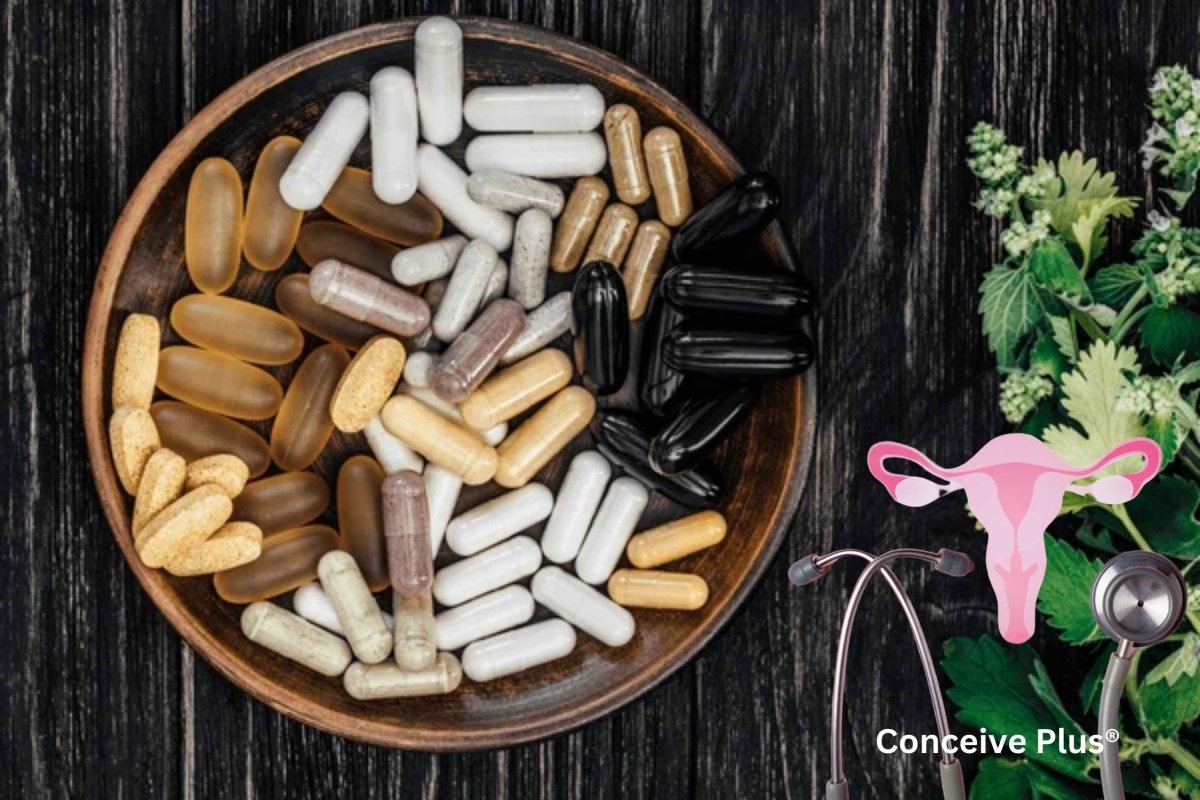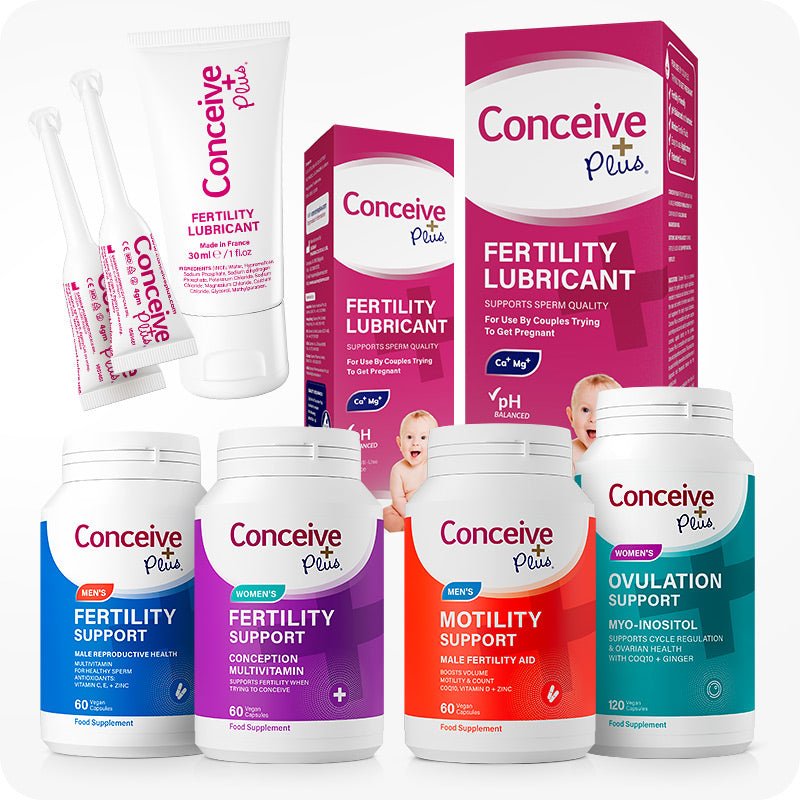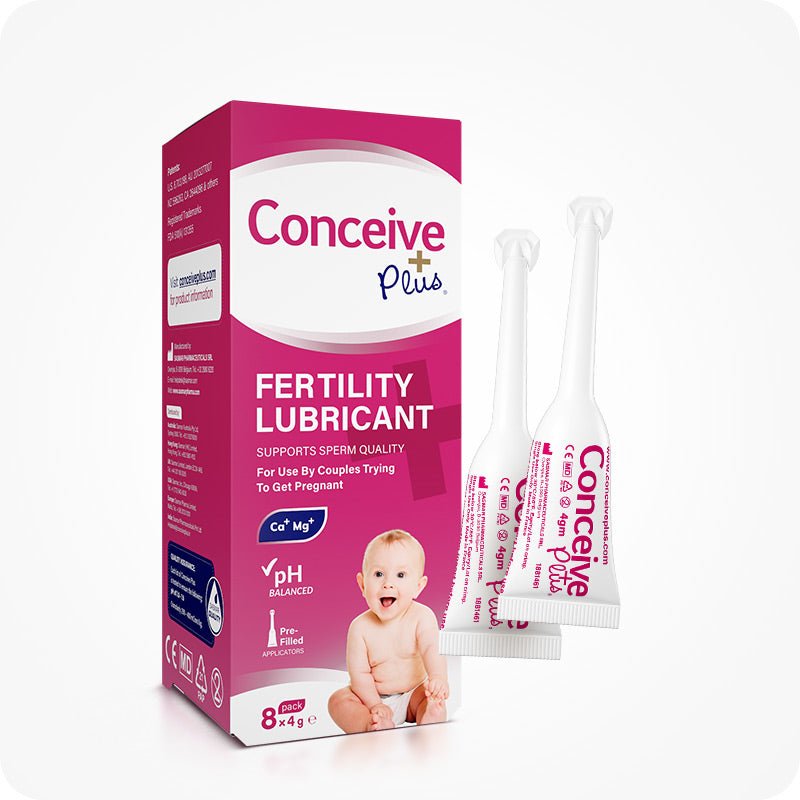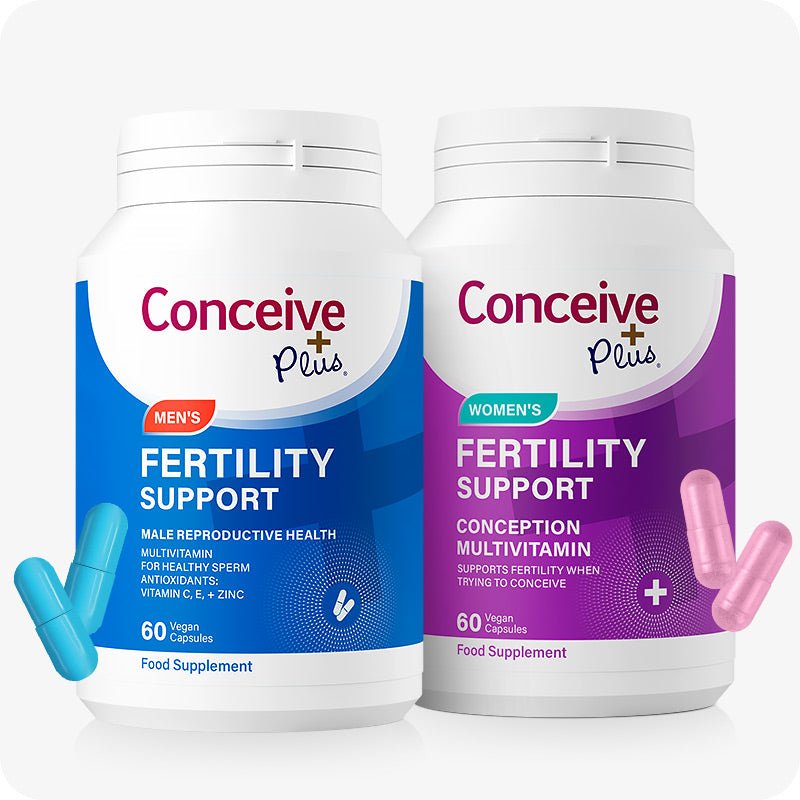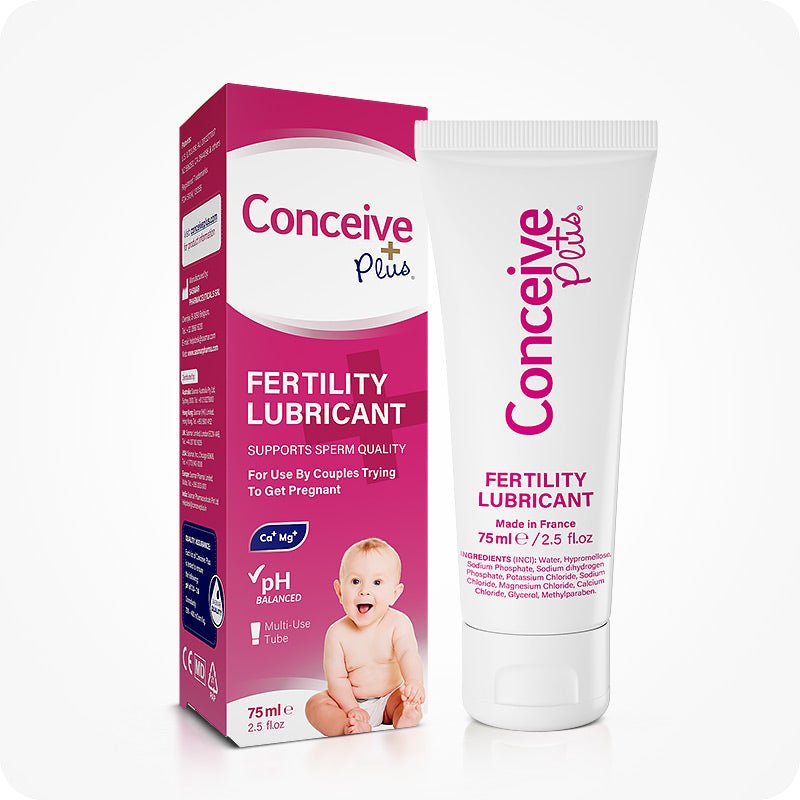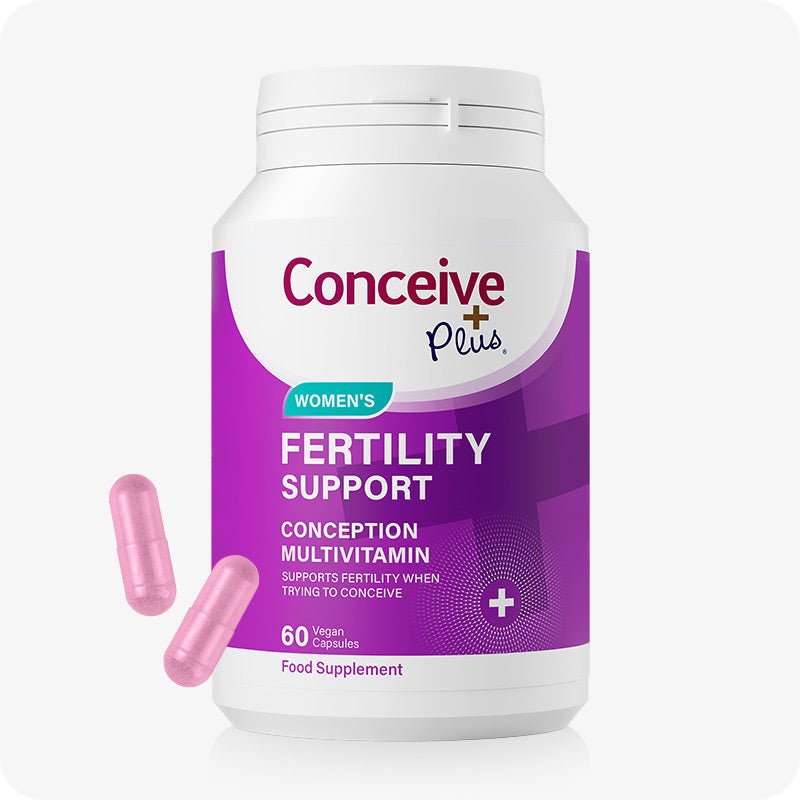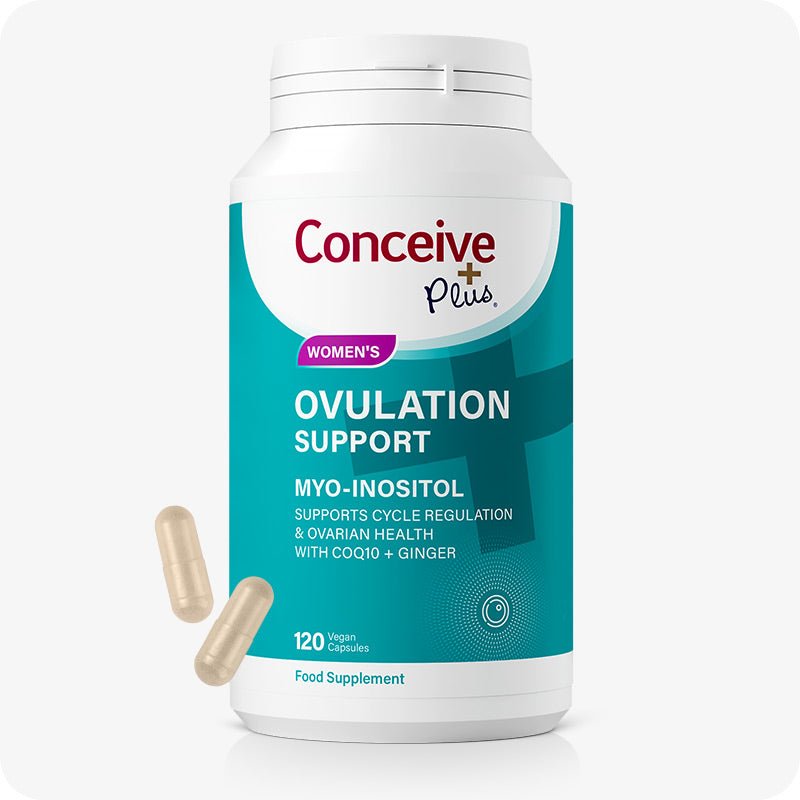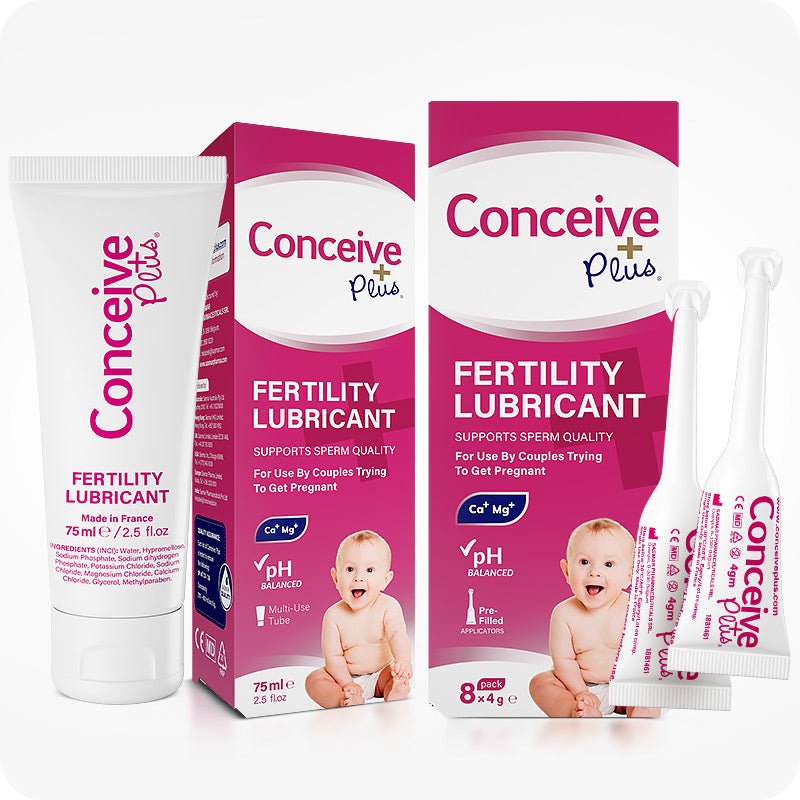PCOS and Fertility: Symptoms, Treatment & Getting Pregnant
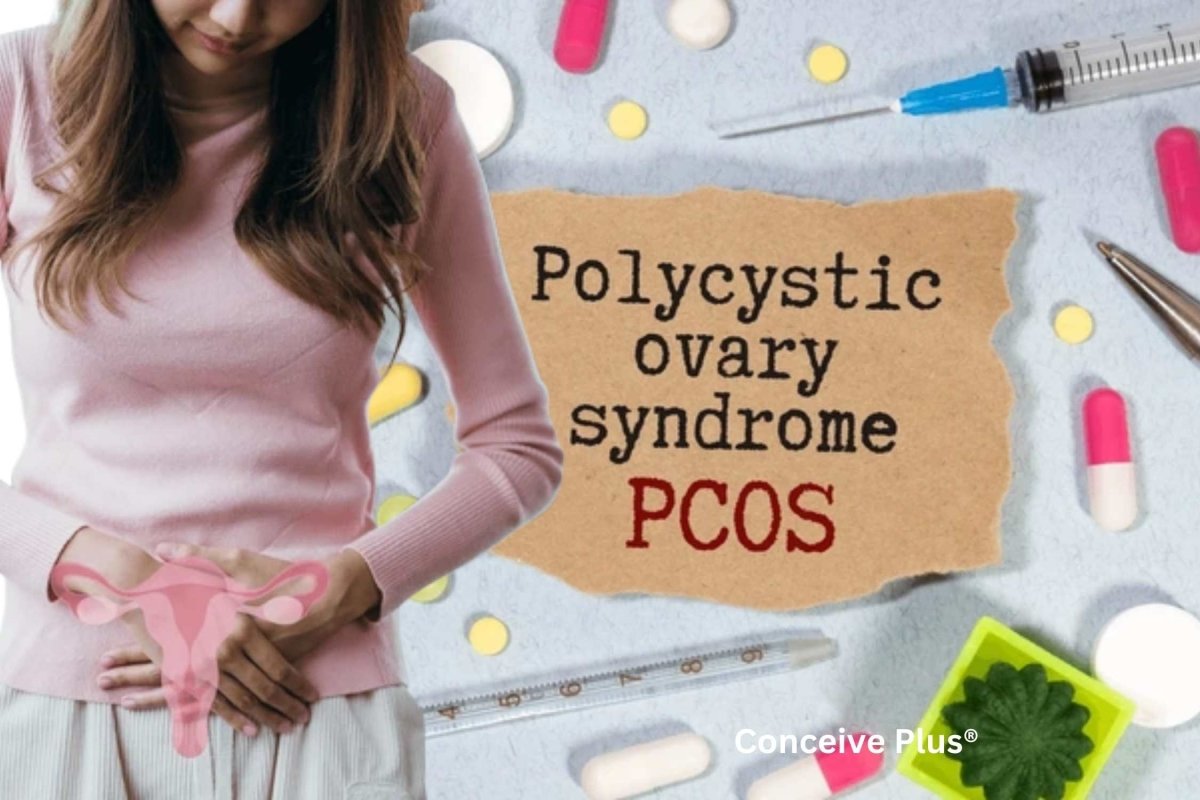
PCOS, meaning polycystic ovary syndrome, is a hormone-related condition that prevents the ovaries from releasing an egg each month. Affecting approximately 10% of women in the UK, PCOS and fertility challenges often go hand-in-hand, making it harder to get pregnant.
In this article, we outline the common symptoms of PCOS, how it affects fertility, and what treatment for PCOS can help women get pregnant.
What is POCS?
Polycystic ovary syndrome (PCOS) is a chronic hormonal condition that affects how the ovaries function in women of reproductive age and is a recognised cause of infertility. Understanding the PCOS meaning is essential to grasp what is PCOS, as recognizing the condition’s impact on PCOS fertility empowers women to pursue tailored treatment options. Although what causes PCOS remains unknown, research has concluded that women with a family history of insulin resistance or type 2 diabetes are more prone to PCOS [1].
Believed to begin in adolescence, PCOS symptoms are often masked when women start taking the pill and re-emerge when they come off contraception to get pregnant.
According to the World Health Organisation (WHO), PCOS currently affects 10% of women in the UK but as many as 70% of women with the condition are thought to be undiagnosed.
Unfortunately, no cure currently exists for the condition, however, research shows it is linked to high insulin and increased androgens (male hormones). And the good news is that PCOS treatments can help manage the symptoms and make it easier to get pregnant.
PCOS Symptoms
While PCOS is primarily referred to as a hormonal condition that impacts the ovaries and reduces fertility, it’s also known to cause insulin resistance. Although a common symptom, however, insulin resistance does not affect all women with the condition.
Several long-term symptoms caused by insulin resistance and hormone imbalances are also known to affect women’s overall mental and physical wellness with PCOS. These can include unexplained weight gain, excess body hair, thinning hair on the head, and difficulties getting pregnant [1].
The most common symptoms of PCOS include
- Hormone imbalances
- Irregular periods (or no menstruation)
- Ovarian cysts
- Impaired ovarian function
- Lack of ovulation
- Reduced fertility (difficulties conceiving)
- Hirsutism (excess hair growth on the face and body)
- Thinning scalp hair
- Gaining weight easily or finding it difficult to lose weight
- Acne and excessively oily skin
What Happens the Ovaries with PCOS?
Women with PCOS are known to experience a lack of ovulation due to hormone imbalances and irregular periods.
Normally, rising levels of follicle-stimulating hormone (FSH) and oestrogen signal the follicles on the ovaries to grow eggs each month. The most dominant follicle then bursts to release an egg into the fallopian tube for fertilisation.
However, With PCOS, the follicles fail to grow or release eggs. Instead, they form multiple cysts on the ovaries, and this is where the name polycystic (many cysts) comes from.
Researchers believe the lack of ovulation linked to PCOS is due to a hormonal imbalance where male hormones like testosterone are more dominant than female hormones such as oestrogen.
Managing PCOS therefore involves addressing hormone imbalance and ovarian issues to alleviate symptoms and improve overall reproductive health.
PCOS and Fertility
Due to hormone imbalances, irregular periods, ovarian cysts and lack of ovulation, PCOS infertility is a common issue. However, treatments in the form of lifestyle changes, natural supplements, or medication can ease PCOS symptoms, improve ovulation, and boost fertility.
Treatment for PCOS
Although traditional PCOS treatment is commonly based on medication to manage insulin resistance and improve irregular menstrual cycles, natural remedies also exist with fewer risks and side effects.
PCOS and treatment options can also vary depending on whether women want to conceive or not.
The natural approach to treating PCOS typically involves lifestyle changes such as regular exercise and a low-carb diet to manage weight gain and insulin resistance. Inositol supplements are also widely recognised for rebalancing hormones, regulating the menstrual cycle, and improving fertility in women with PCOS.
Medically, birth control pills are often prescribed to regulate hormones and alleviate PCOS symptoms like excess facial hair growth, acne, and loss of hair on the head [2]. However, taking birth control pills prevents ovulation, meaning pregnancy is not possible with oral contraceptives.
Metformin is a medication commonly used to treat insulin resistance or diabetes, however, it is also recommended to improve ovulation in women with PCOS and prevent miscarriage [3]. Clomid is another medication that is used to encourage ovulation by stimulating follicle growth and the release of healthy eggs [4].
If you're wondering whether an ovulation test remains positive after conception, our article on will ovulation test be positive if pregnant offers further insights into early pregnancy detection.
PCOS and Diet
What women with PCOS eat is crucial for lowering blood sugar levels and managing the condition. To counteract insulin resistance and weight gain, female health experts recommend sticking to a Mediterranean-style diet low in carbohydrates and rich in fibre, vegetables, lean proteins, legumes, nuts, healthy fats, and whole grains.
In conjunction with a well-balanced diet, 20 minutes of aerobic exercise is recommended daily to manage the weight gain often linked to PCOS.
PCOS Weight Loss
PCOS weight loss is a critical aspect of managing the condition. Because excess weight is known to exacerbate PCOS symptoms and insulin resistance, weight loss and weight management are vital aspects of treating PCOS.
Adopting a balanced diet, engaging in regular physical activity, and achieving a healthy weight can significantly improve symptoms of PCOS. Weight loss with PCOS can also help regulate menstrual cycles, reduce androgen levels, and enhance the likelihood of pregnancy.
PCOS and Pregnancy
For women with PCOS how to get pregnant often comes down to managing insulin sensitivity, reducing symptoms, and regulating hormones. Many women look for advice on how to get pregnant with PCOS quickly, and by addressing both lifestyle changes and medical treatments, experts offer clear strategies for improving PCOS fertility. Getting pregnant with PCOS is admittedly challenging but with the right treatment, it is possible.
If you're curious to learn more about why light bleeding can occur during your cycle, consider checking out our article on ovulation and blood for additional insights.
How to Get Pregnant Easily with PCOS?
Improving the chances of conceiving with PCOS invariably involves some form of treatment to manage the symptoms and improve ovulation. Whether that is easy or not depends on the extent of the condition and how intense the symptoms are.
Inositol supplements with a 40:1 blend of Myo-inositol and D-chiro inositol are a natural way of improving your chances of conceiving easily with PCOS. They work to relieve symptoms by regulating the endocrine system, rebalancing hormones, and reinitiating regular ovulation [5].
Due to their benefits, inositol supplements are often the first form of treatment prescribed to women asking the question ‘how to get pregnant with polycystic ovaries?’ For an extra boost, inositol supplements with added Choline are known to support early pregnancy and foetal development.
How to Get Pregnant Fast with PCOS?
Inositol and choline supplements are natural remedies noted within the medical world for reducing PCOS symptoms and helping women with polycystic ovaries to conceive fast.
Ovulation-stimulating medications like Clomid and Metformin are also used to improve egg production in women with PCOS. Healthcare professionals often discuss how to get pregnant with PCOS by combining natural remedies with clinical interventions, answering common queries on how to get pregnant fast with polycystic ovaries.
A combination of Metformin and Clomid is sometimes used in connection with in vitro fertilisation (IVF) [6] to encourage the ovaries to produce eggs. Mature eggs are then removed from the ovary and fertilised by sperm in a lab before being inserted into the uterus for implantation.
If you have PCOS and how to get pregnant is a question weighing on your mind, consider consulting with a doctor, OB/GYN, or fertility specialist to understand your options.
The Bottom Line
Linked to insulin sensitivity and the excess production of male hormones, PCOS is a condition known to impact ovarian function, which makes PCOS and fertility a common concern. Common symptoms like weight gain, acne, thinning hair on the head, and facial hair growth can also impact the mental health and overall well-being of women with PCOS.
Fortunately, the benefits of inositol supplements and ovulation-inducing medication like Clomid have provided women with PCOS effective treatment options and the possibility of getting pregnant.
If you have PCOS and are hoping to conceive, speak with your healthcare provider about PCOS treatment options to suit your needs.
References
- World Health Organisation - Polycystic Ovary Syndrome - https://www.who.int/news-room/fact-sheets/detail/polycystic-ovary-syndrome
- Planned Parenthood - Birth Control Pill - https://www.plannedparenthood.org/learn/birth-control/birth-control-pill
- Frontiers in Endocrinology - Metformin - https://www.frontiersin.org/journals/endocrinology/articles/10.3389/fendo.2018.00675/full
- Drugs.com - Clomid - https://www.drugs.com/clomid.html
- National Library of Medicine - The Inositils and Polycystic Ovary Syndrome - https://www.ncbi.nlm.nih.gov/pmc/articles/PMC5040057/
- Mayo Clinic - In Vitro Fertilisation - https://www.mayoclinic.org/tests-procedures/in-vitro-fertilization/about/pac-20384716









